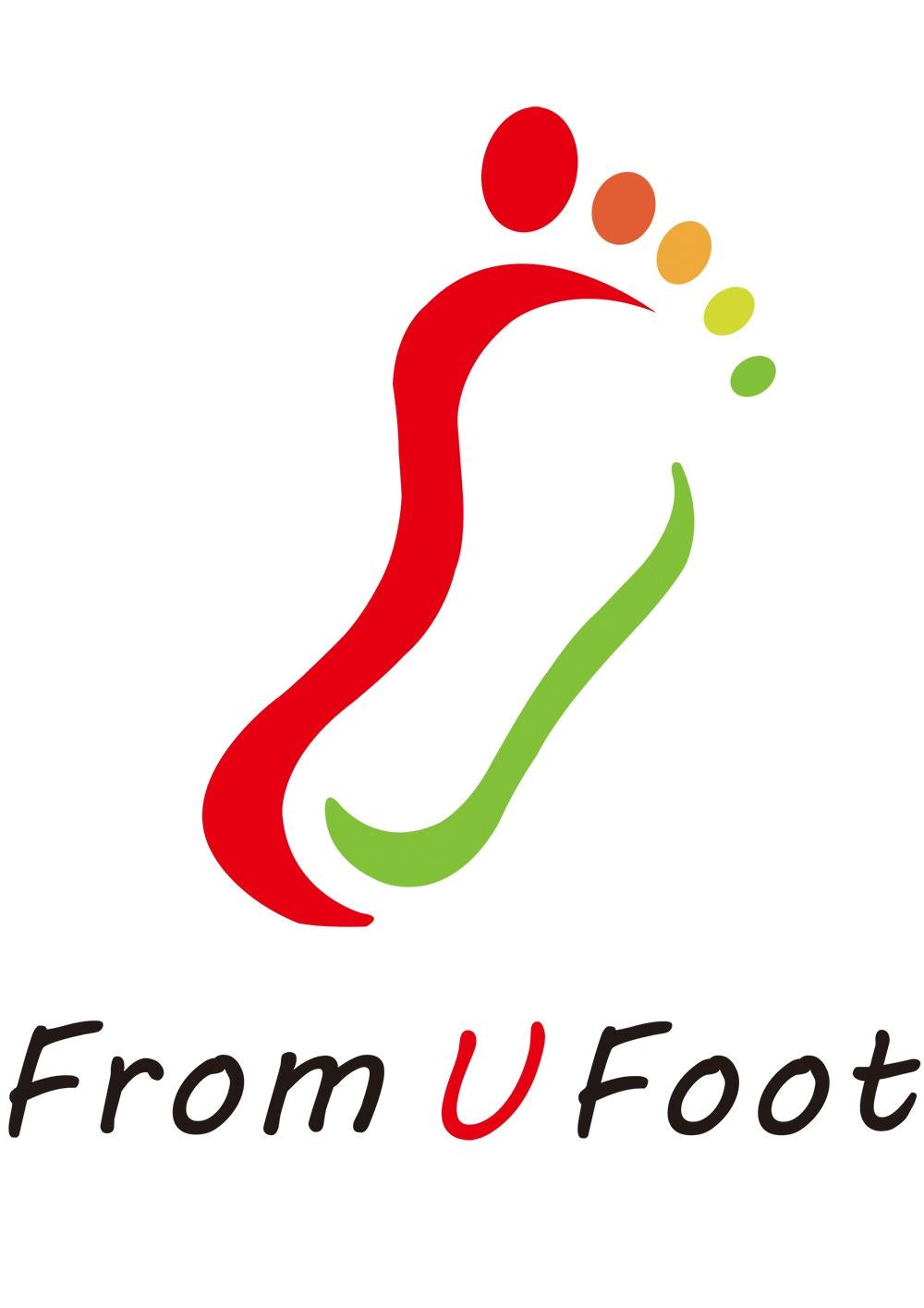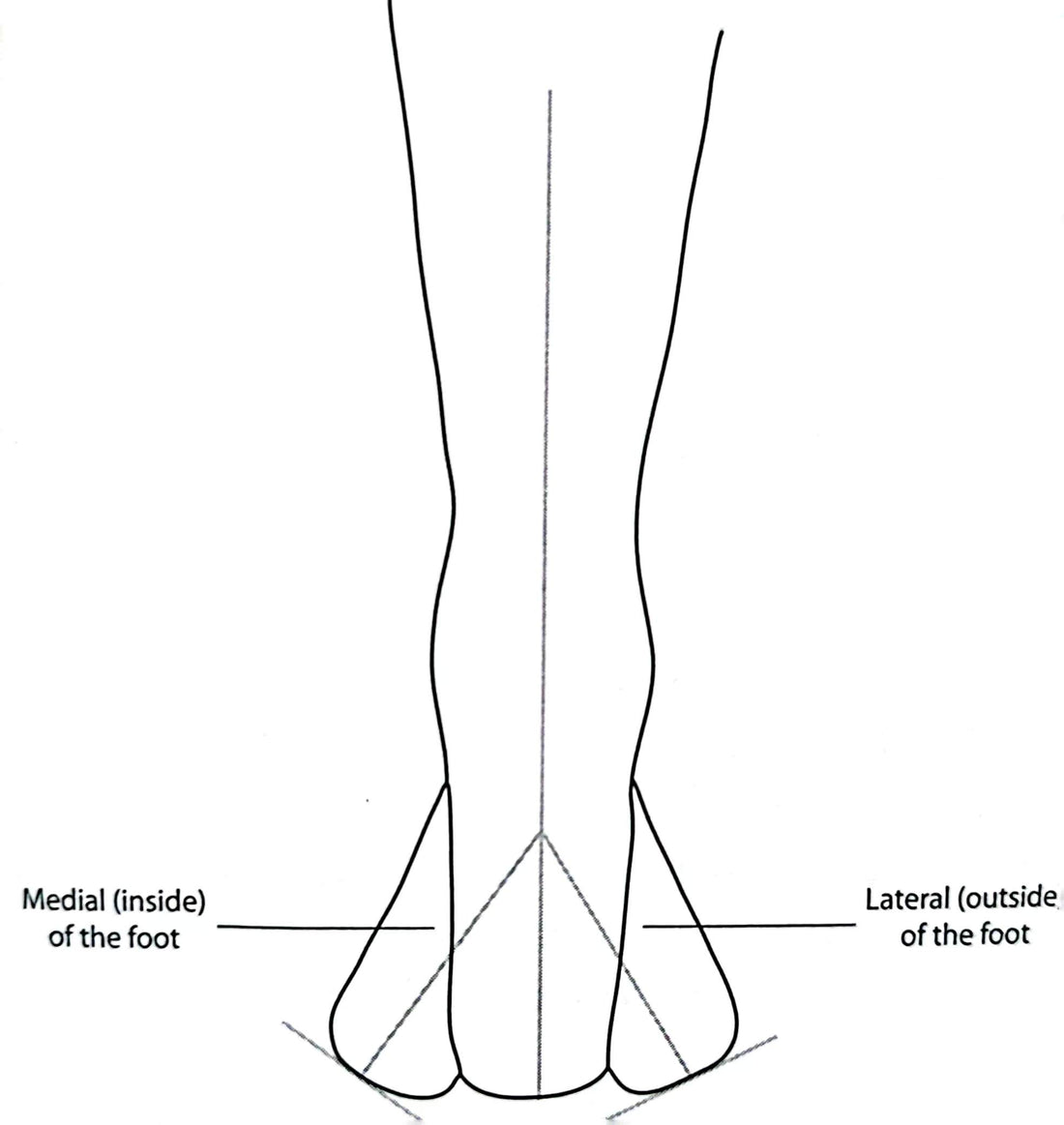Draw an imaginaryvertical line through the head and core of the body and between the legs ; this is called the midline of the body ,positions and movements of body parts ,such as the foot ,are described as orienting toward or away from the midline .

in and out movement is called
inversion (varus) when the sole of the foot turns inward to face toward the midline of the body ,in other words ,the body's weight rolls onto the outer edge.
eversion (valgus) when the sole of the foot turns outward to face away from the midline of the body ,in other words, the body's weight rolls onto the inner edge ,or arch
drew by fromufoot

If a foot moves in one of those ways and permanently assumes that position ,the foot is in an adductus or abductus position ,a dorsiflexed or plantar flexed position ,or a varus or valgus position.
A foot can make each of the side to side ,up and down ,and in and out movements separately --one at a time -or a foot can do all three at once, as shown in figure
drew by fromufoot manufacturer

Supination describes a foot that simultaneously adducts ,plantarflexes ,and inverts ,therefore ,the foot moves toward the midline ,the toes point down ,and the weight rolls onto the outer edge so that the sole faces the midline ,at the same time ,the leg rotates outward .
pronation describes a foot that simultaneously abducts,doriflexes,and everts. therefore ,the foot moves away from the midline ,the toe come up toward the shin ,and the weight rolls onto the innneredge so that the sole faces away from the midline ,at the same time , the leg rotates inward ,
A foot that permanently assumes a supinated or pronated position places undue stress on some of the foot's joints ,however ,supination and pronation are also movements that the foot makes naturally when a person walks .

